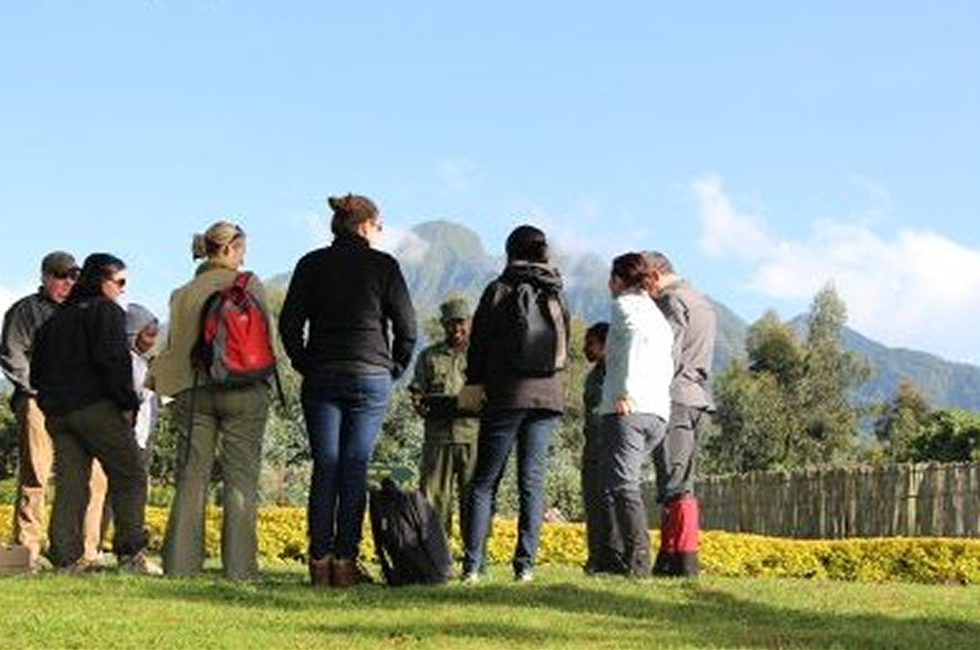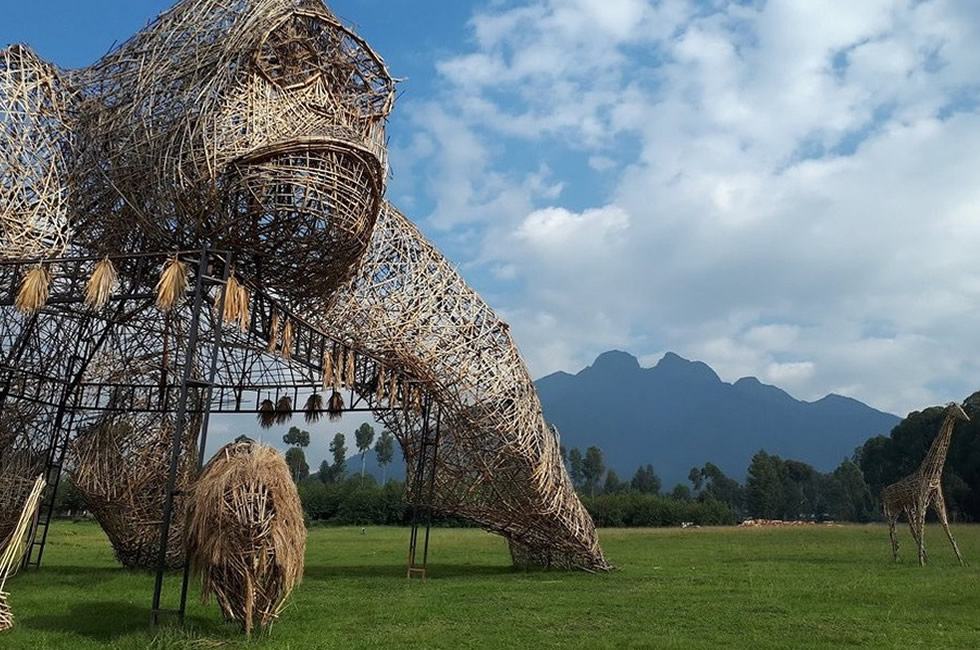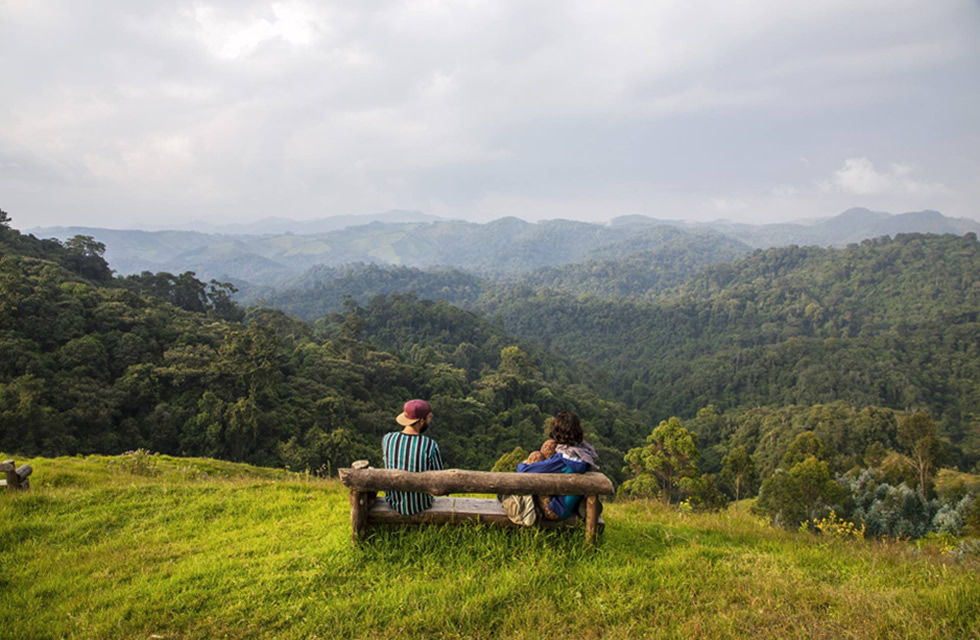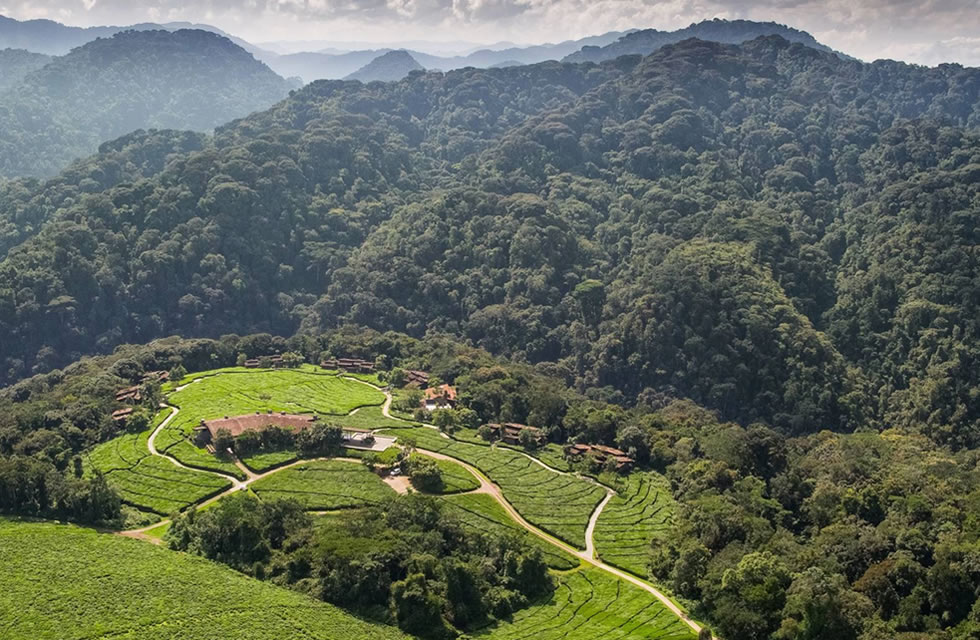In Rwanda, a movement has emerged over the last few year that has seen girls creating their own platforms to tell their own stories. Ni Nyampinga is Rwanda’s first teen brand and it features both a magazine and radio show produced by girls for girls that centers on issues that directly affect them. In 2012, Girl Hub Rwanda decided to build on this movement by creating a team of girl researchers armed with the skills to gather and tell stories of Rwandan girls’ lives.
In partnership with Market Research Society (MRS) and UK-based organization 2CV, Rwanda’s Girl Research Unit (GRU) was established to provide training on research principles, recruitment in the field, facilitation of workshops and research, analysis and interpretation, and presentation of results from the research to clients. Five young women graduated in June 2014 with an international qualification from the Market Research Society in qualitative research skills and are now equipped with girl-centered research techniques.
Since June, the GRU has been conducting field research and analysis and giving presentations on their research methodology to audiences such as graduate students from the College of Education at the University of Rwanda. The girls usually work in pairs or small groups when conducting their research and then they analyze their findings as a whole group. Some of the issues the GRU has researched include:
- Ni Nyampinga radio and magazine: how girls respond to the different magazine issues. This research and analysis resulted in shortening the length of the magazine—as demonstrated in the latest issue (Issue 11). It also resulted in including boys in the upcoming Issue 12.
- How boys and men can contribute to ending violence against girls. This research fed directly into Issue 11 of Ni Nyampinga magazine.
We recently spent some time with two researchers, Frida and Aurore, who shared their experience so far.
How do you feel since your graduation in June?
Aurore:
Happy and proud: my skills and knowledge continue to improve and I’m proud that I’m learning so much. I hope to become a professional researcher in the future.
Frida:
We didn’t have a lot of independent research work before June because we were still in training. Since then, we have had the opportunity to work alone and to present our ideas to the team which has helped us develop independently. We have worked on several different projects that have improved our skills and that have brought us closer to being professional researchers.
What do you like most about being a researcher?
Aurore:
I enjoy being able to listen to, analyze, and understand different research findings and I love being able to communicate the thoughts and feelings of others in order to contribute to change. It’s exciting that our research findings can help develop NGO and Government programs and strategies.
Frida:
I like speaking on behalf of people who cannot speak for themselves. It is a rare opportunity for girls to be able to go into the field, speak to other girls, gather information, understand people’s perceptions about different issues and then present these views to those who can help empower the people.
Where do you see GRU in 2-3 years?
Aurore:
In three years, we will be more independent. We will not need as much feedback and supervision as we do now and we will be equipped with the skills and experience we need to be able to be hired as professional researchers. We also want to keep reaching out and sharing our experiences so that more girls are inspired to become researchers as well.
Frida:
I hope for the growth of the qualitative research industry in Rwanda. Qualitative research is being used in more government institutions and other organizations. It should not just be about the numbers but also the story behind the numbers. And these are the stories that the GRU can help tell.



